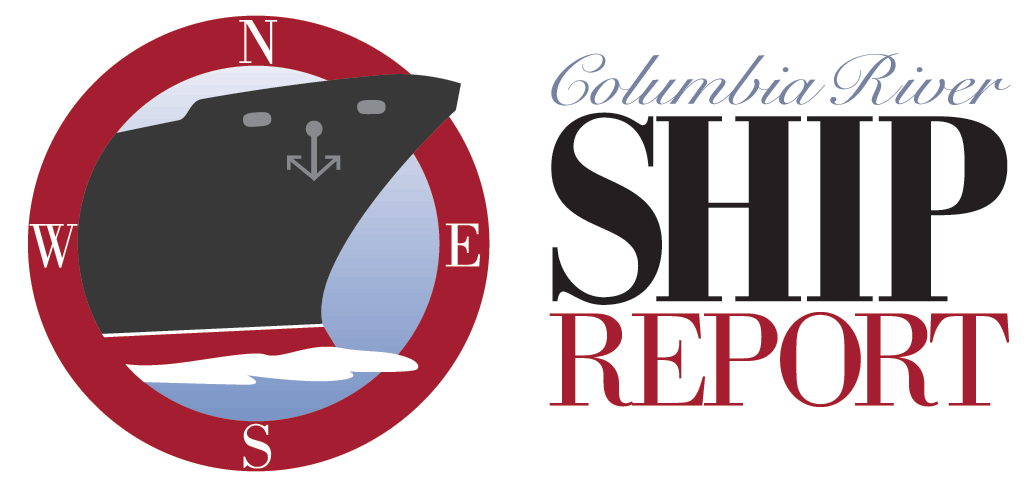It’s fall, going on winter, on the coast, and I’m seeing reminders of how formidable our Pacific Northwest environment can be, not just in the increasingly difficult weather, but in how that weather affects people who work in our marine environment. Some of those reminders become causes for mourning.
Recently on the Ship Report, I talked with listeners about a tragic occurrence in the waters off Alaska, where a fishermen went overboard in Kotzebue Sound in the northwest part of the state. Conditions there were far from ideal, but typical: 5 foot seas, 20 knot winds, and water temperature around 43 degrees F. A crew member on a fishing boat went overboard. He was not wearing a life jacket.
The Coast Guard press release described it this way, in horrifying practical detail, as press releases often do, “He was last seen sinking below the water’s surface by crew aboard his fishing vessel Juda Lee.”
This incident reminds us in stark terms about what it takes to catch the fish we rejoice in eating here on the coast. The bulk of our locally caught fish is harvested by small crews on fishing boats who go out in horrific weather. Sometimes people die.
This fisherman likely never had a chance once he fell over the rail. While some might make the case that he should have been wearing a life jacket, fishermen often don’t, because of the risk that it might get caught on dangerous deck gear while they are working, and injure or kill them in that way. The job is fraught with potential catastrophic injury. But without flotation, it’s unlikely that a person could have stayed above water for more than a few minutes in water that cold. In rough conditions like those happening that day, it would be even harder to save a person, even one who did have on a PFD (personal flotation device).
In the aftermath of this tragedy, the result of a moment of awful luck, his crewmates are left with horrifying memories that will likely never leave them. A lost companion, snatched by an unforgiving sea.
So the next time you sit down to a fish dinner, give thanks to the fishermen (and women) who risked their lives to bring it to you. They go where the fish are, because that’s what it takes to catch them. They accept that risk as part of the job. It’s not a risk most of us are prepared to take.


